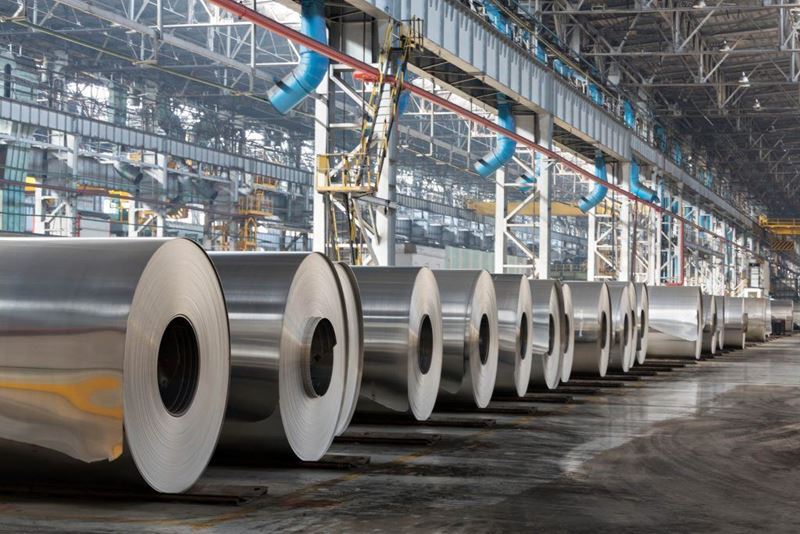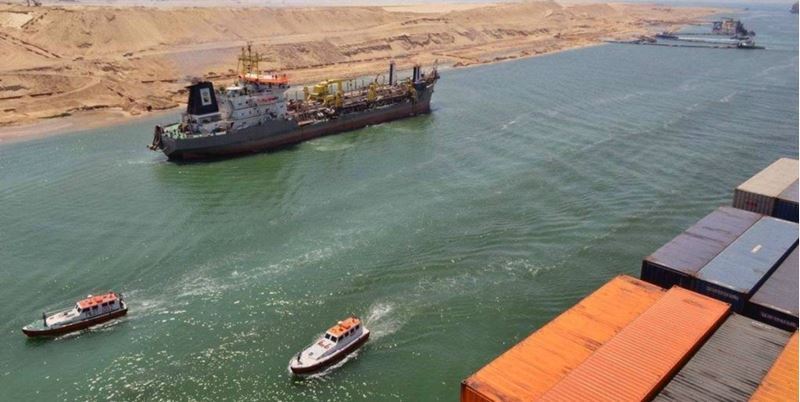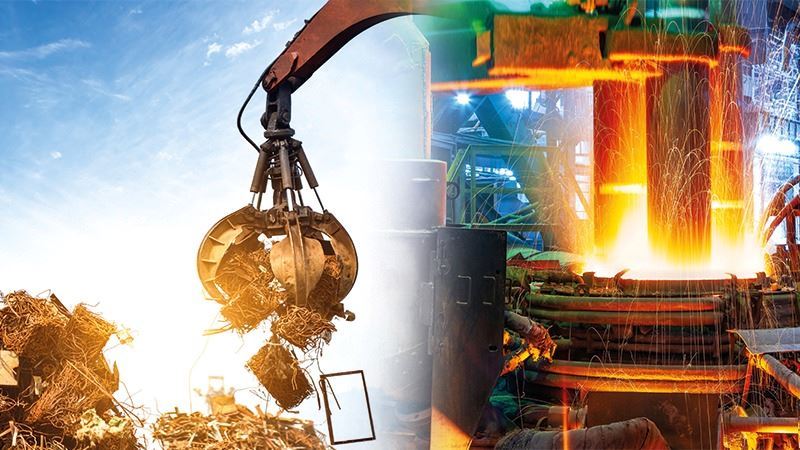The rating agency noted that domestic hot rolled coil (HRC) prices have declined by 6.7 percent since the beginning of October 2023, while rebar prices fell by 4.7 percent over the same period.
In its latest report, Icra noted that the sector's operating profit margins in general are expected to be lower in the second half of 2024 compared to the first half of 2024, largely due to the weak profitability of blast furnace operators.
It also noted that it "expects the operating environment of the local steel sector to become more challenging in the second half of the current fiscal year as higher raw material costs and weaker steel prices negatively impact profit margins." Seaborne coking coal prices have been volatile since the second quarter of 2024, while thermal coal prices have remained more range-bound.
Primary steelmakers produce steel through blast furnaces, while the secondary industry uses electric arc furnaces and induction furnaces to produce steel.
Jayanta Roy, Senior Vice President and Group Head, Corporate Sector Ratings, Icra, said: "Due to supply-related limitations in Australia, spot premium hard coking coal cargoes have unexpectedly increased by 50-55 percent in as little as three months. They reached a temporary high of US$363/MT (metric tons fob Australia) in mid-October 2023." He added that blast furnace operators are diversifying their coal sources by gradually reducing the share of coking coal imports from Australia from 71 percent in FY2022 to 52 percent in the first half of FY2024.











Comments
No comment yet.